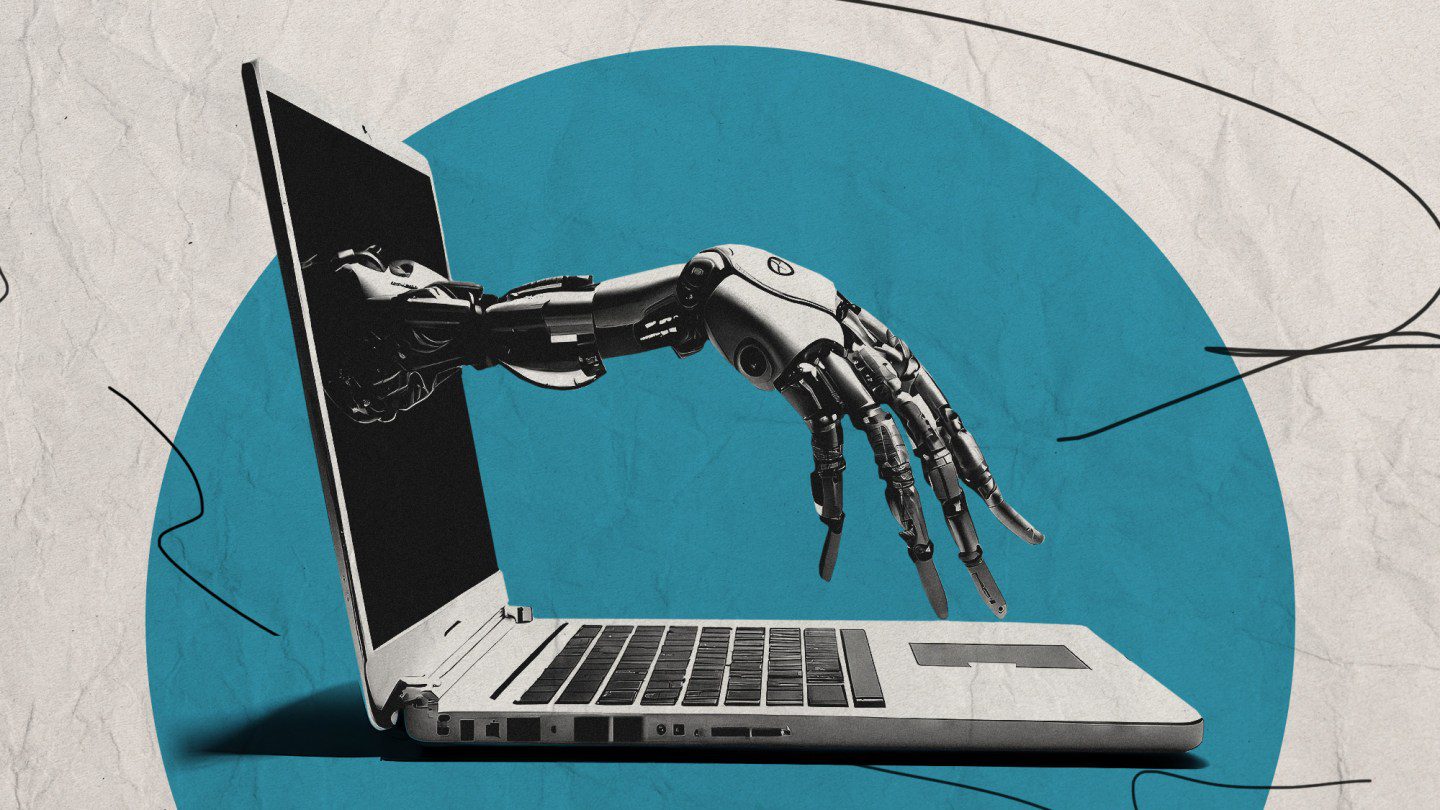

Copyright law has recently prevented a former competitor of Thomson Reuters from using the firm’s content to develop an AI-driven legal platform, according to a court ruling that could set a precedent for future cases concerning the legality of employing copyrighted materials to train AI systems.
In a decision delivered on Tuesday, U.S. District Judge Stephanos Bibas dismissed claims from Ross Intelligence asserting that they were protected under the “fair use” exemption of copyright law. This ruling, which addresses a groundbreaking legal issue, is anticipated to be referenced by creators pursuing legal actions against technology companies throughout various industries, even though this particular case does not entail the production of new content by AI systems.
“Originality is central to copyright,” emphasized Bibas in his ruling.
Following the court’s decision, Concord Music Group requested the federal judge overseeing its lawsuit against Anthropic, a subsidiary of Amazon, to consider this ruling in evaluating the use of song lyrics for training the Claude AI model.
The case pertains to a legal research tool provided by Thomson Reuters, where users subscribe to access vital information on case law, state and federal statutes, law journals, and regulations. The platform’s content includes headnotes that summarize crucial legal concepts and rulings, which are protected by copyright.
Ross Intelligence, an AI startup previously supported by the venture capital firm Y Combinator, utilized these headnotes to train a rival legal search engine after Thomson Reuters declined to grant licensing rights for the content. Unlike other AI-related lawsuits, this case involves an intermediary repurposing copyrighted material specifically for AI training. In contrast, lawsuits against companies like OpenAI and Meta allege wholesale duplication of content.
In Tuesday’s ruling, Judge Bibas concluded that Ross may have violated copyrights on more than 2,200 headnotes. A jury is expected to assess damages, determining if any Thomson Reuters copyrights have lapsed.
The court’s ruling largely hinged on whether the headnotes qualify as original works under intellectual property law. Judge Bibas, who had previously ruled in favor of Ross Intelligence before withdrawing that decision, sided with Thomson Reuters this time, stating that headnotes indeed possess originality by “distilling, synthesizing, or explaining” parts of legal opinions.
“Moreover, each headnote represents an individually copyrightable work,” asserted the judge. He drew an analogy between a lawyer’s editorial judgment and that of a sculptor, noting that while a raw block of marble or judicial opinion is not copyrightable, the sculptor’s choice of what to retain or remove results in a copyrightable sculpture.
Notably, Bibas also ruled against the application of fair use, which allows the use of copyrighted material for creating new works, provided they are “transformative.” He indicated that Ross’s intention to profit from the use of Thomson Reuters’ headnotes “disfavors fair use.” The court reiterated that Ross aimed to compete with Westlaw by creating a market substitute, asserting that the potential impact on the market for AI training data is significant, irrespective of Thomson Reuters’ use of the data for their own legal search tools.
The ruling referenced the Supreme Court’s decision in Andy Warhol Foundation for the Visual Arts v. Lynn Goldsmith, which clarified the limits of fair use. In that case, the Court suggested that the commercial nature of the use must be weighed against the degree of transformation of the original work. Creators are leveraging this judgment to claim that AI companies could have simply licensed the copyrighted material, arguing that their markets have been undermined.
Intellectual property attorney Randy McCarthy from Hall Estill believes the court’s ruling will be welcomed by artists and content creators, asserting it as a pivotal element in their legal battles against generative AI systems. He stated, “It is clear that the mere use of copyrighted materials as AI training data cannot inherently be deemed fair use.”
The applicability of this legal doctrine continues to be a central focus as AI technology becomes increasingly integrated into mainstream applications.








